In a world where a U.S. president is still openly thirsting for a Nobel Peace Prize, it’s refreshing to know the honor can still go to someone who wasn’t campaigning for it on Truth Social.
Immunologist Fred Ramsdell found out he’d won the 2025 Nobel Prize in Medicine in the most delightfully rugged way possibl: while camping off the grid in Montana. Ramsdell was parked at a campground with his wife, Laura O’Neill, after several days hiking the Rockies, when she suddenly screamed.
O’Neill then yelled at her husband:
“You just won the Nobel Prize!”
The Illinois-born Ramsdell assumed she’d seen a bear. “No, I didn’t,” he told her, his phone still on airplane mode.
But like a good wife, she insisted:
“I have 200 text messages saying that you did!”
It turns out that the only thing stalking Ramsdell that day was international acclaim.
The 64-year-old shares the 2025 Nobel Prize with Mary Brunkow and Shimon Sakaguchi for discovering how the immune system spares healthy cells, work that has transformed treatment for autoimmune diseases such as multiple sclerosis, rheumatoid arthritis, and Crohn’s disease.
Thomas Perlmann, Secretary-General of the Nobel Assembly at the Karolinska Institute, said it took nearly 20 hours to reach Ramsdell, who was blissfully unplugged in the wilderness.
Perlmann told Reuters:
“They were still in the wild, and there are plenty of grizzly bears there. Fortunately, it was the Nobel Prize. He was very happy and elated and had not expected the prize at all.”
The discovery that earned Ramsdell and his colleagues the award involved identifying regulatory T cells, a crucial mechanism that prevents the body from attacking itself. Scientists are now building on that research to develop improved autoimmune treatments, enhance organ-transplant success, and even strengthen cancer therapies.
The breakthrough doesn’t just explain how the immune system keeps itself in check; it’s rewriting how doctors approach everything from organ rejection to immunotherapy.
By harnessing regulatory T cells, researchers hope to one day “retrain” the immune system to tolerate transplants without lifelong suppression drugs, calm inflammation in chronic autoimmune diseases, and even fine-tune immune responses to better target cancer cells without harming healthy ones.
In short, Ramsdell’s discovery could help medicine move from simply managing disease to reprogramming the body’s defenses altogether.
Olle Kämpe, chair of the Nobel Committee, explained:
“Their discoveries have been decisive for our understanding of how the immune system functions and why we do not all develop serious autoimmune diseases.”
Ramsdell, who works with Sonoma Biotherapeutics, told reporters he was as surprised as anyone.
From his Montana hotel room, he said:
“I certainly didn’t expect to win the Nobel Prize. It never crossed my mind.”
When he’s not changing the course of medical history, Ramsdell likes to disappear into the mountains, joking that he prefers his peace and quiet the old-fashioned way.
The good doctor revealed:
“I spend as much time as I can up in the mountains. We tend to go into the remote areas.”
On social media, people couldn’t get enough of the wholesome way Ramsdell found out he’d won:
Nobel history is full of quirky moments, like Bob Dylan ghosting the committee for weeks after winning in 2016, or the 2011 medicine award that awkwardly went to a laureate who’d already died.
Still, at least none of them ever begged for one on live TV.
Donald Trump, who recently told the United Nations, “everyone says that I should get the Nobel Peace Prize,” is still waiting by the phone. The Nobel Committee, unfortunately for him, prefers things like “peace” and “international cooperation,” not golf diplomacy and Twitter threats.
And changing the name of the Department of Defense to the “Department of War” probably didn’t help his case, either.
My advice: he should give life-saving science a whirl like Dr. Ramsdell. Though let’s be honest—his orange ego could never survive the peer review.

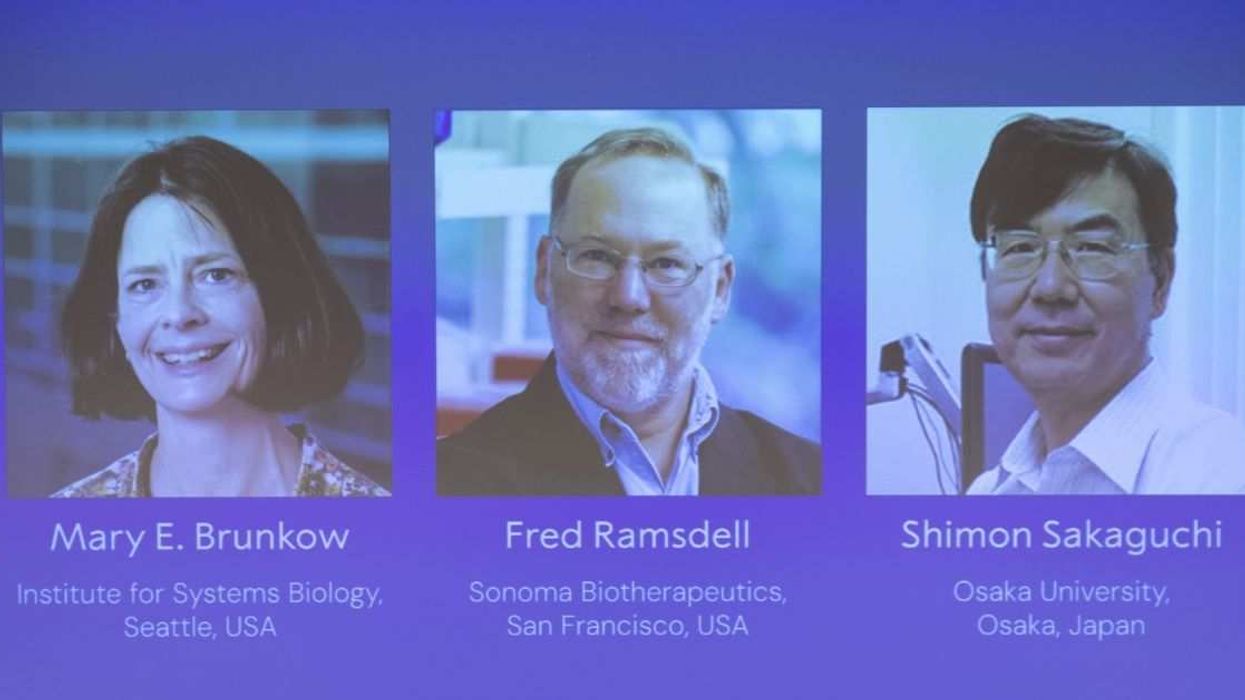


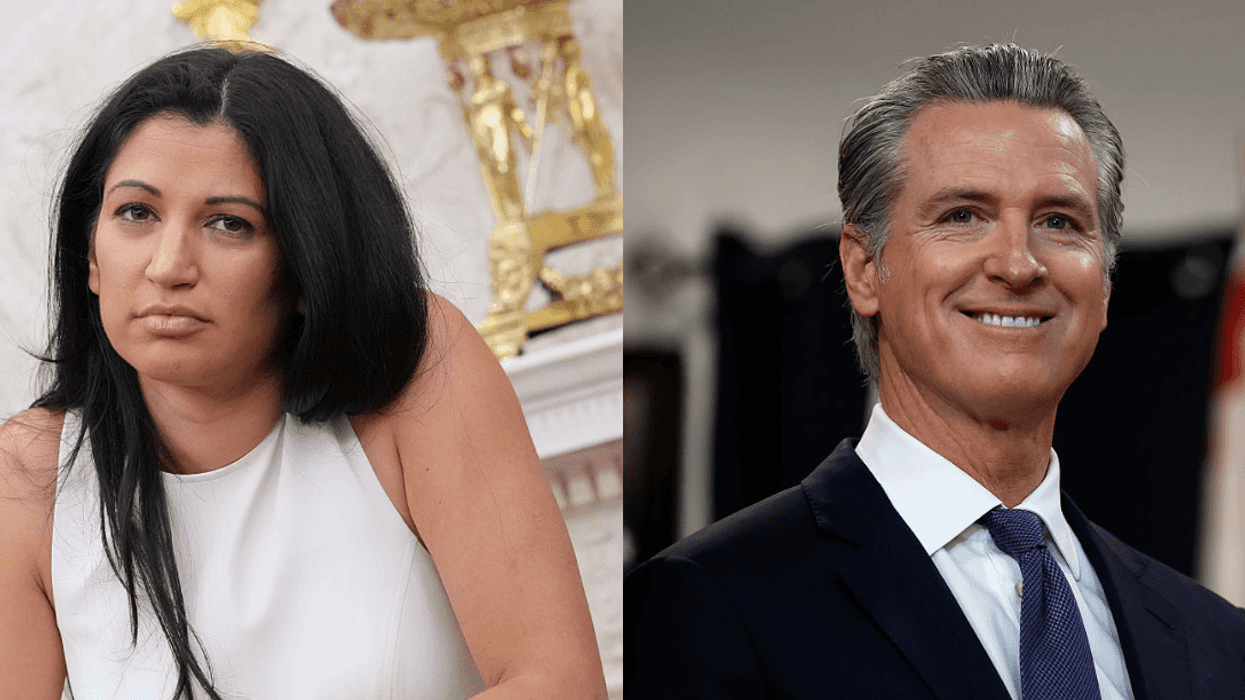
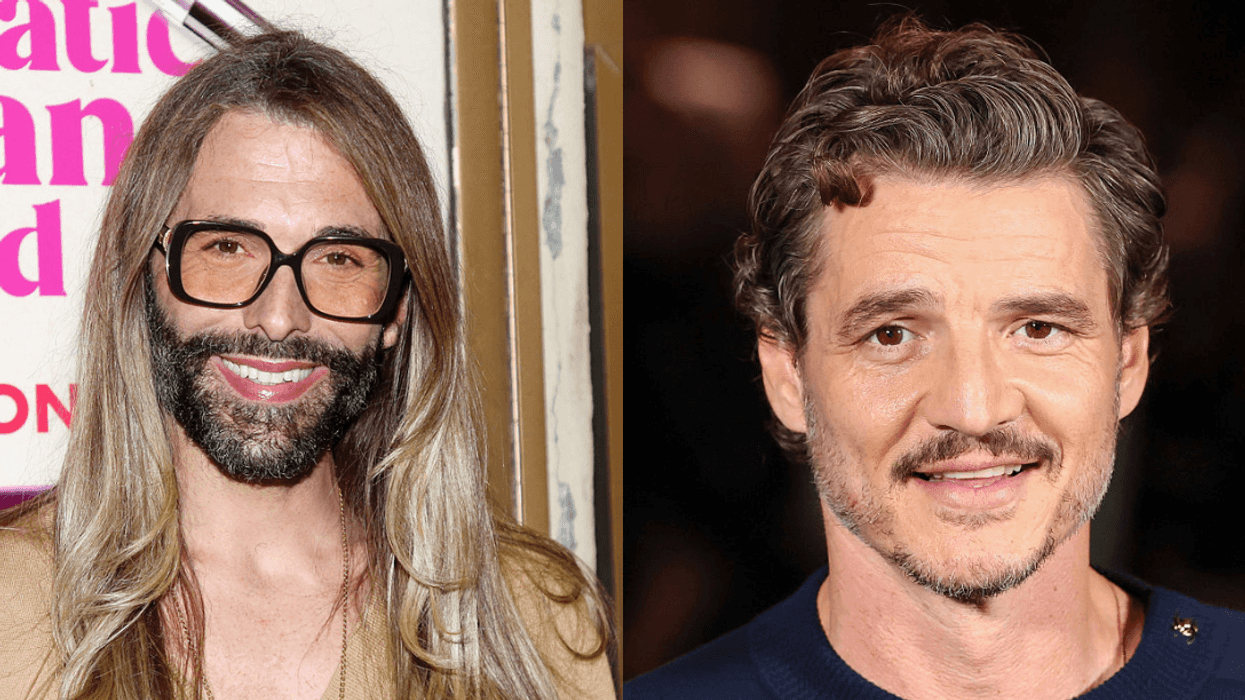
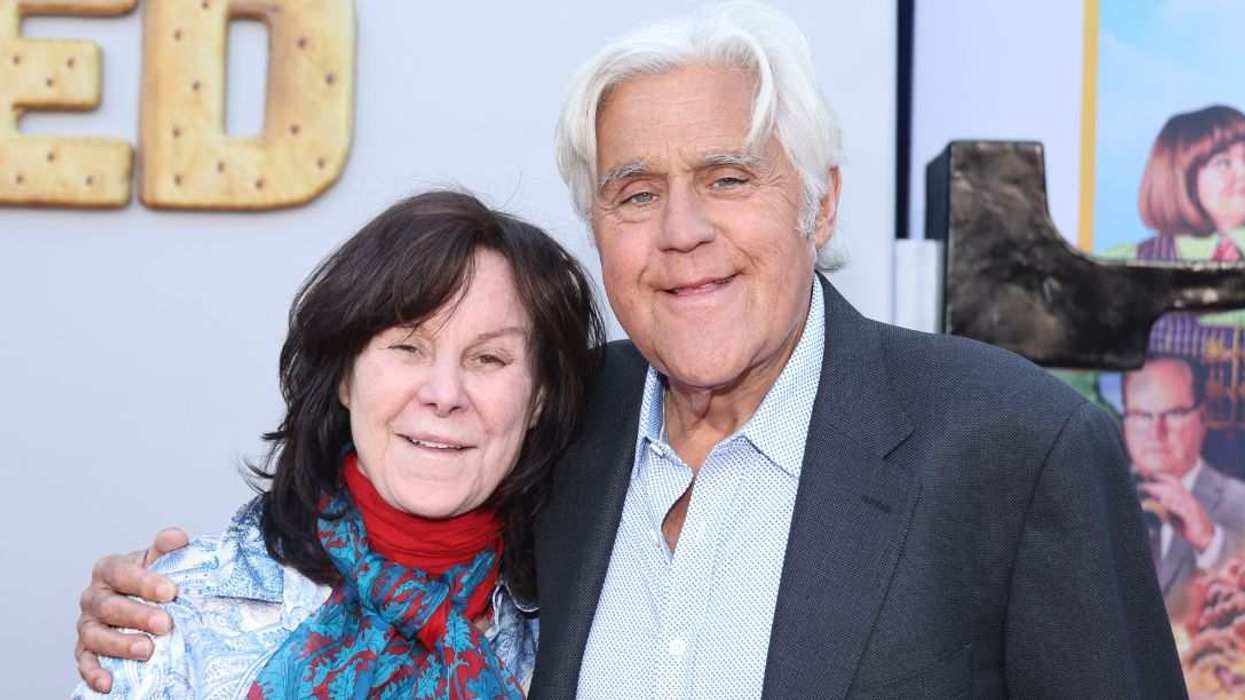

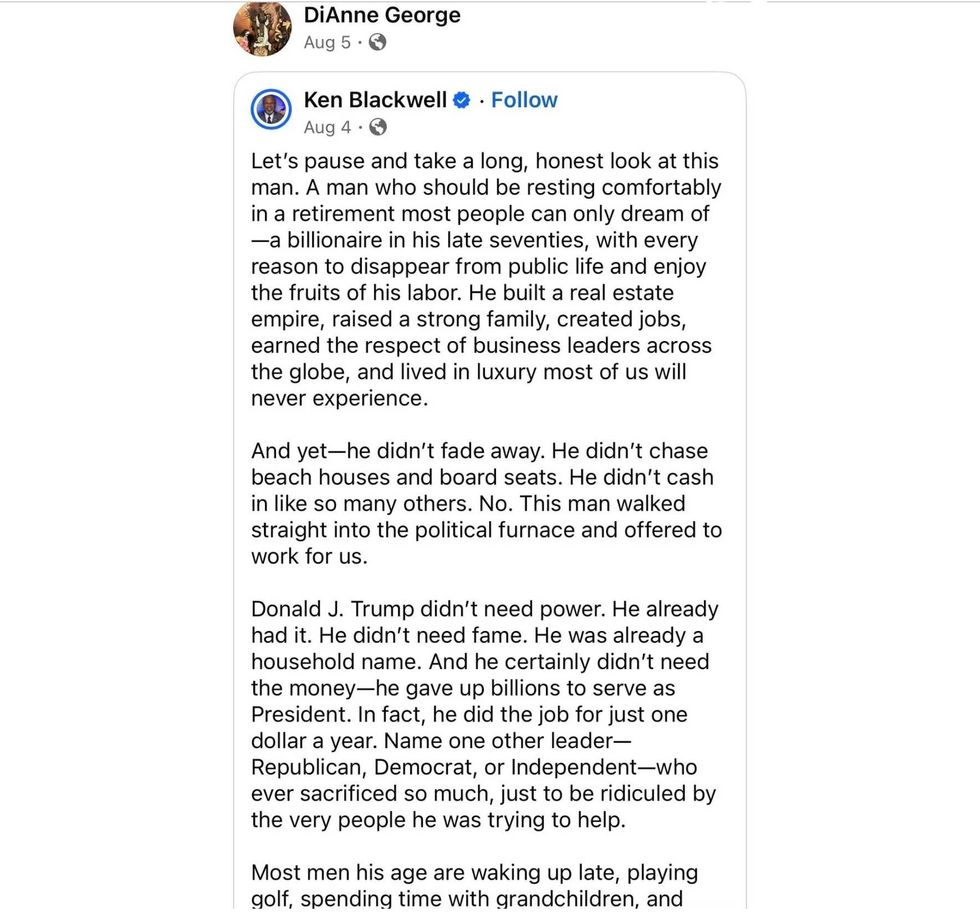 r/LeopardsAteMyFace/Reddit
r/LeopardsAteMyFace/Reddit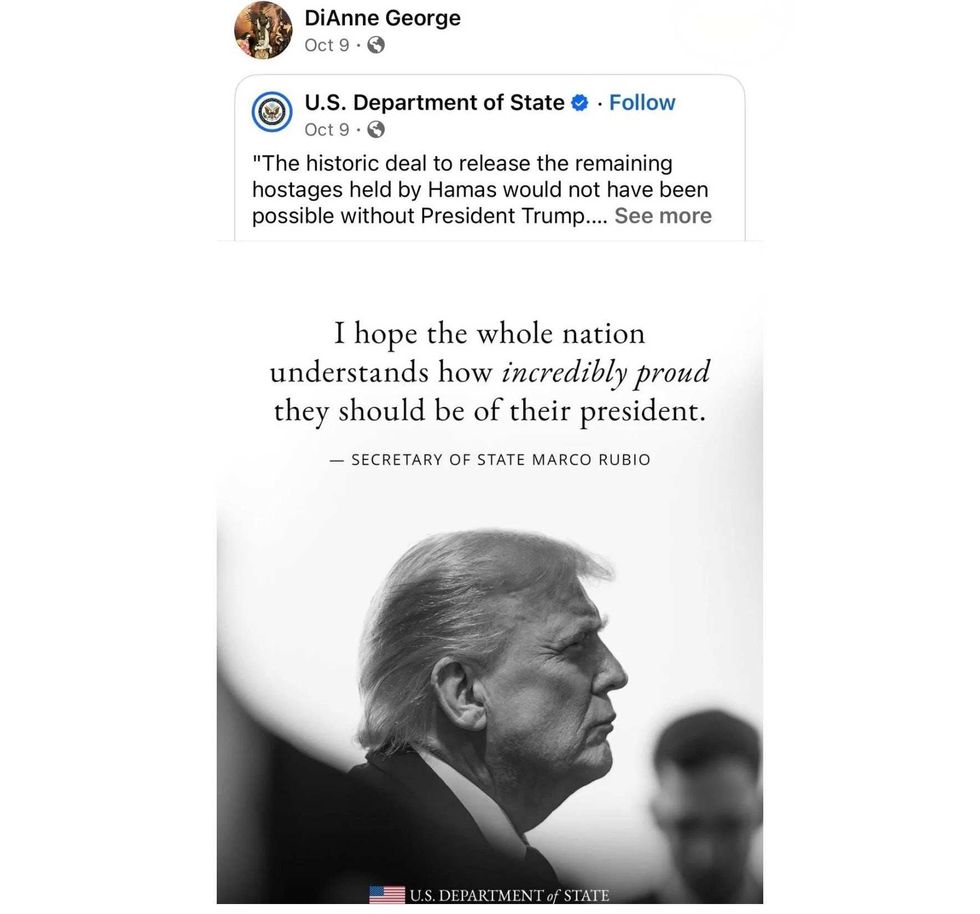 r/LeopardsAteMyFace/Reddit
r/LeopardsAteMyFace/Reddit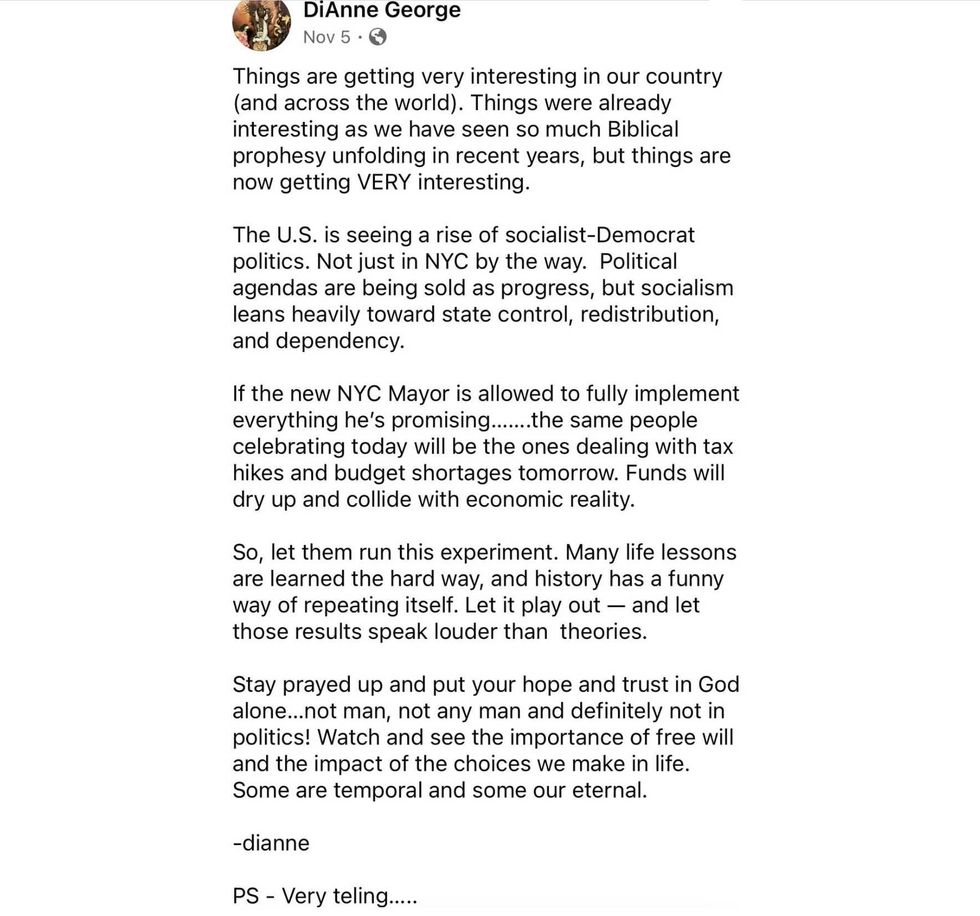 r/LeopardsAteMyFace/Reddit
r/LeopardsAteMyFace/Reddit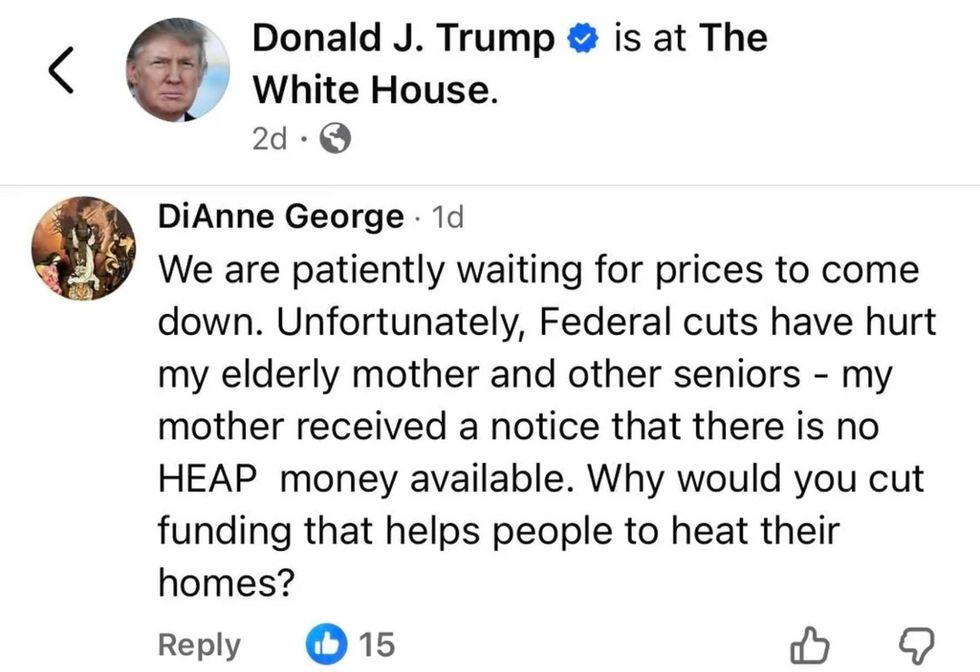 r/LeopardsAteMyFace/Reddit
r/LeopardsAteMyFace/Reddit r/LeopardsAteMyFace/Reddit
r/LeopardsAteMyFace/Reddit r/LeopardsAteMyFace/Reddit
r/LeopardsAteMyFace/Reddit r/LeopardsAteMyFace/Reddit
r/LeopardsAteMyFace/Reddit r/LeopardsAteMyFace/Reddit
r/LeopardsAteMyFace/Reddit r/LeopardsAteMyFace/Reddit
r/LeopardsAteMyFace/Reddit r/LeopardsAteMyFace/Reddit
r/LeopardsAteMyFace/Reddit r/LeopardsAteMyFace/Reddit
r/LeopardsAteMyFace/Reddit r/LeopardsAteMyFace/Reddit
r/LeopardsAteMyFace/Reddit r/LeopardsAteMyFace/Reddit
r/LeopardsAteMyFace/Reddit r/LeopardsAteMyFace/Reddit
r/LeopardsAteMyFace/Reddit r/LeopardsAteMyFace/Reddit
r/LeopardsAteMyFace/Reddit r/LeopardsAteMyFace/Reddit
r/LeopardsAteMyFace/Reddit r/LeopardsAteMyFace/Reddit
r/LeopardsAteMyFace/Reddit r/LeopardsAteMyFace/Reddit
r/LeopardsAteMyFace/Reddit r/LeopardsAteMyFace/Reddit
r/LeopardsAteMyFace/Reddit r/LeopardsAteMyFace/Reddit
r/LeopardsAteMyFace/Reddit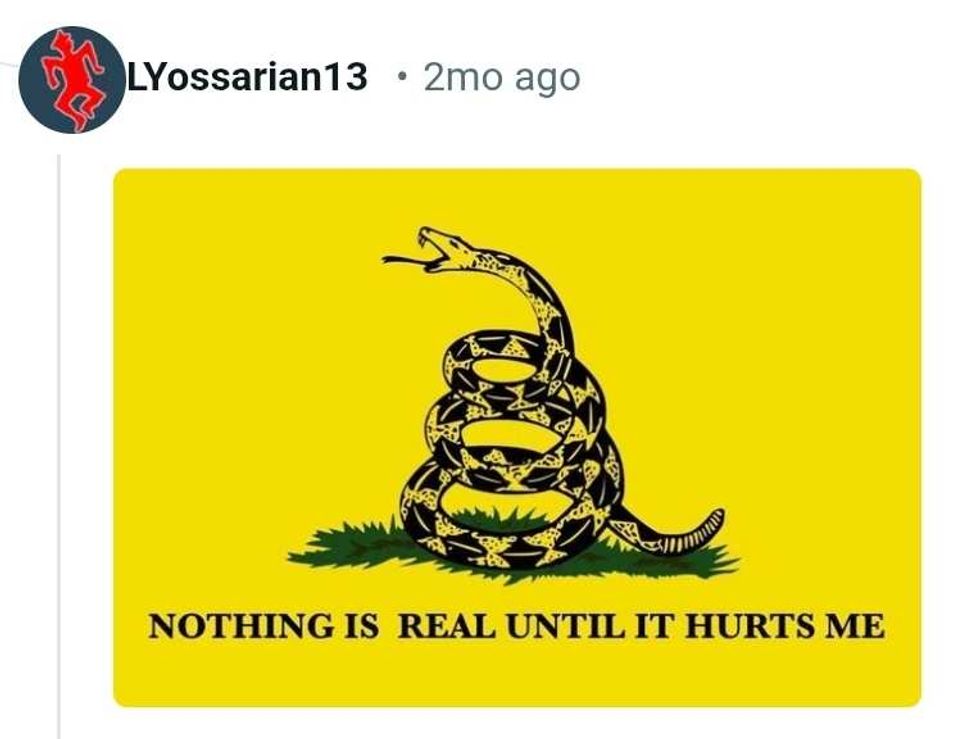 r/LeopardsAteMyFace/Reddit
r/LeopardsAteMyFace/Reddit r/LeopardsAteMyFace/Reddit
r/LeopardsAteMyFace/Reddit r/LeopardsAteMyFace/Reddit
r/LeopardsAteMyFace/Reddit r/LeopardsAteMyFace/Reddit
r/LeopardsAteMyFace/Reddit r/LeopardsAteMyFace/Reddit
r/LeopardsAteMyFace/Reddit r/LeopardsAteMyFace/Reddit
r/LeopardsAteMyFace/Reddit r/LeopardsAteMyFace/Reddit
r/LeopardsAteMyFace/Reddit r/LeopardsAteMyFace/Reddit
r/LeopardsAteMyFace/Reddit r/LeopardsAteMyFace/Reddit
r/LeopardsAteMyFace/Reddit r/LeopardsAteMyFace/Reddit
r/LeopardsAteMyFace/Reddit r/LeopardsAteMyFace/Reddit
r/LeopardsAteMyFace/Reddit r/LeopardsAteMyFace/Reddit
r/LeopardsAteMyFace/Reddit r/LeopardsAteMyFace/Reddit
r/LeopardsAteMyFace/Reddit r/LeopardsAteMyFace/Reddit
r/LeopardsAteMyFace/Reddit r/LeopardsAteMyFace/Reddit
r/LeopardsAteMyFace/Reddit r/LeopardsAteMyFace/Reddit
r/LeopardsAteMyFace/Reddit r/LeopardsAteMyFace/Reddit
r/LeopardsAteMyFace/Reddit
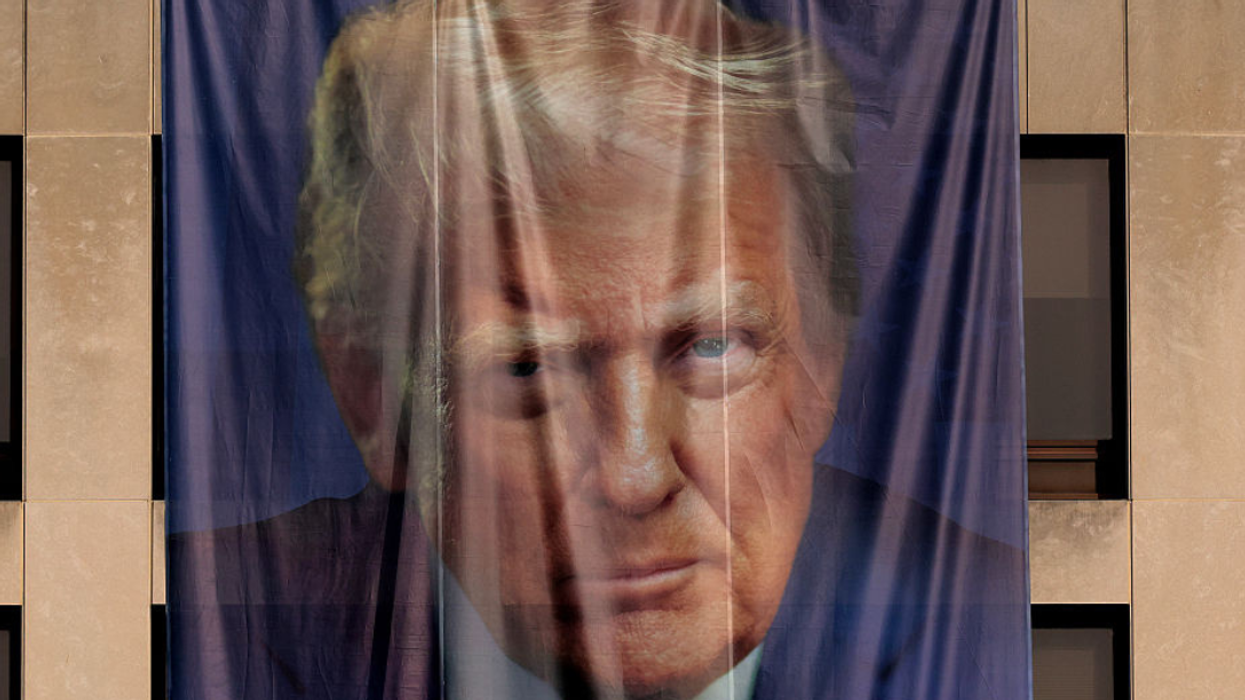
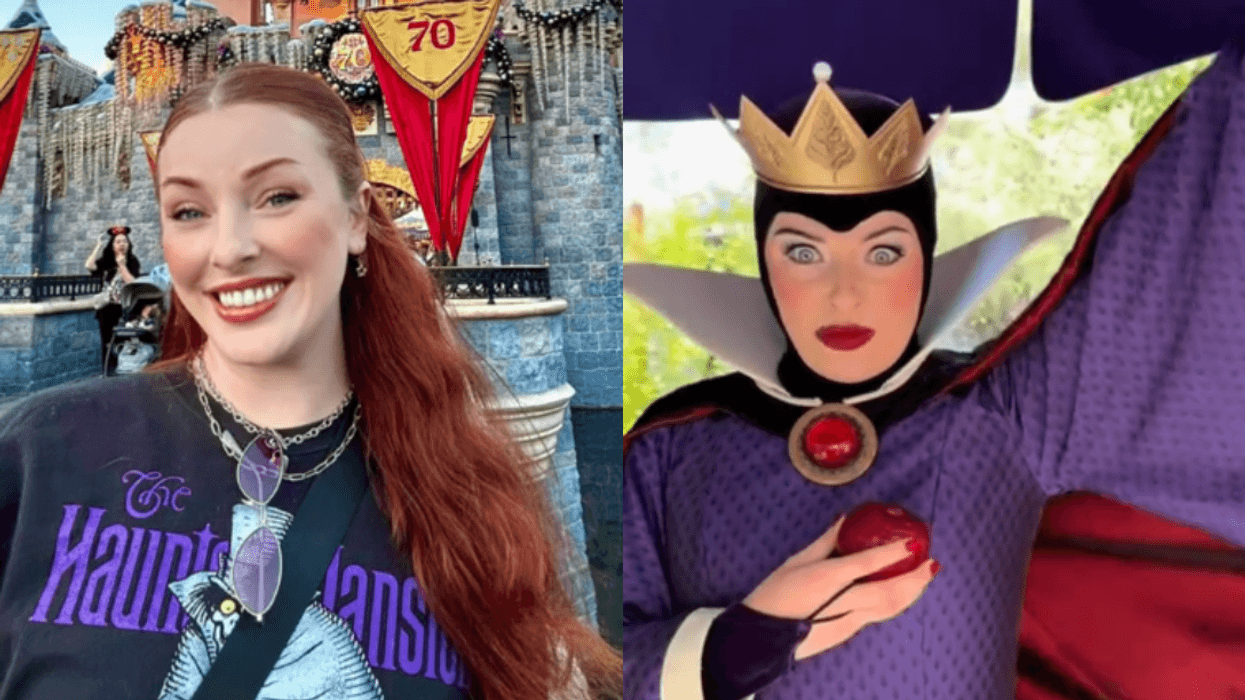
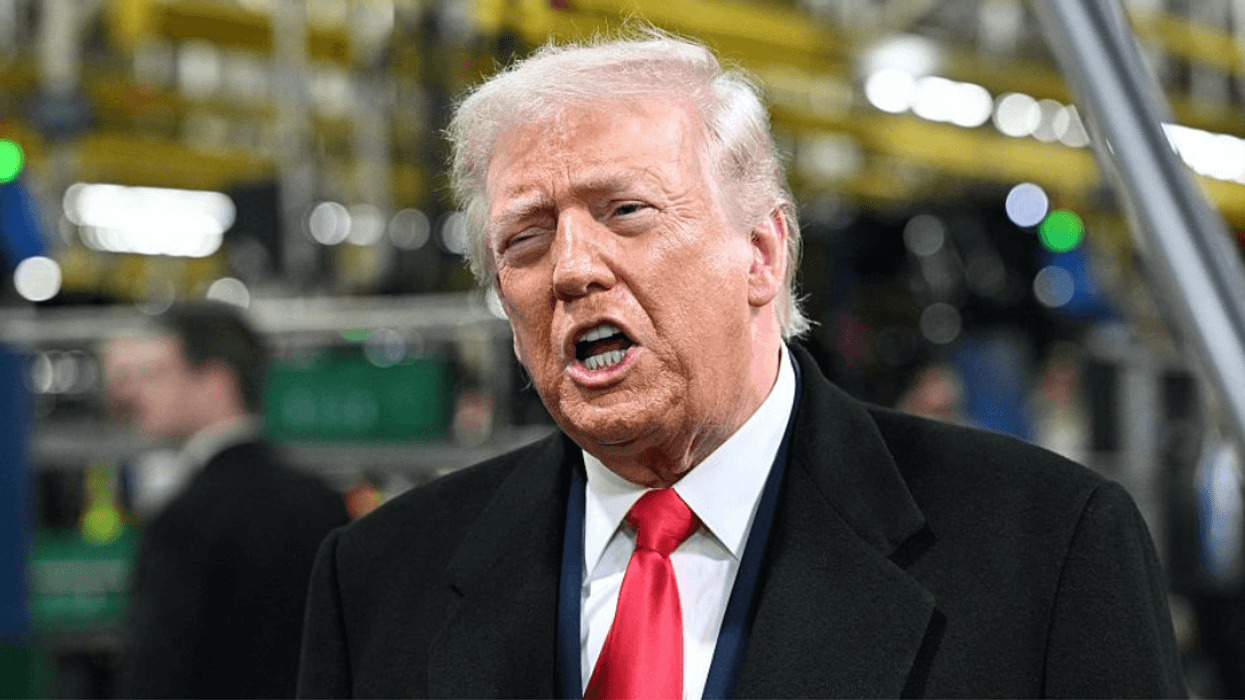
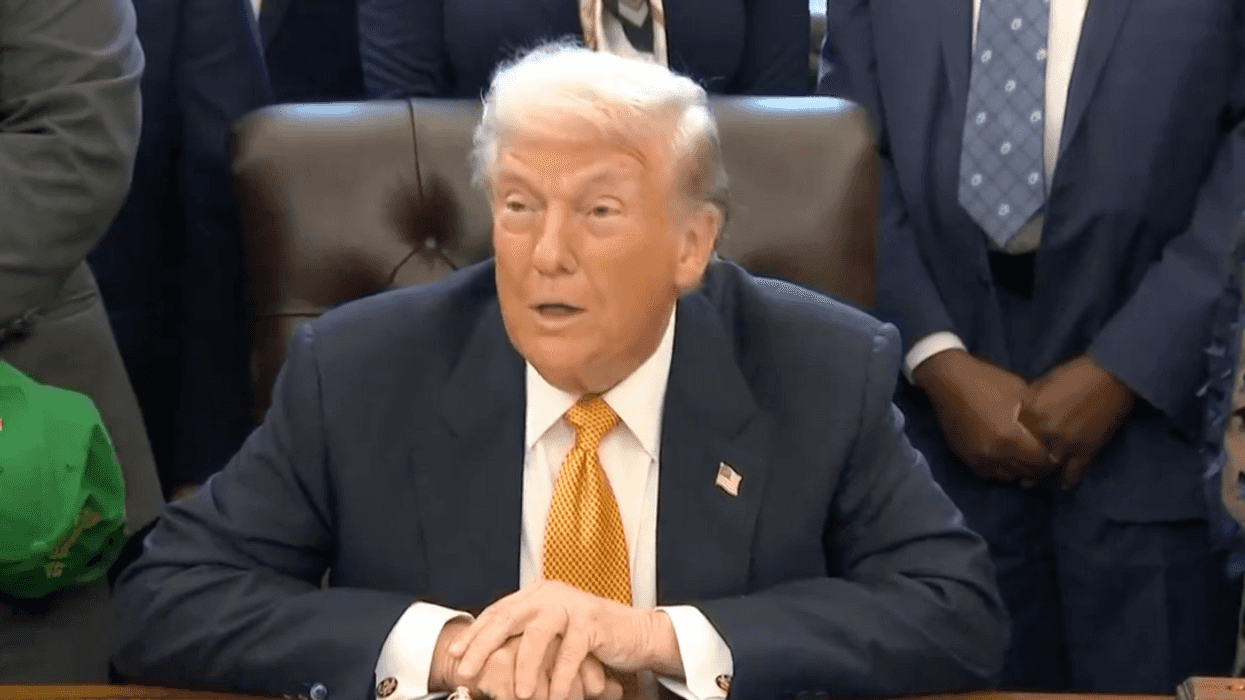
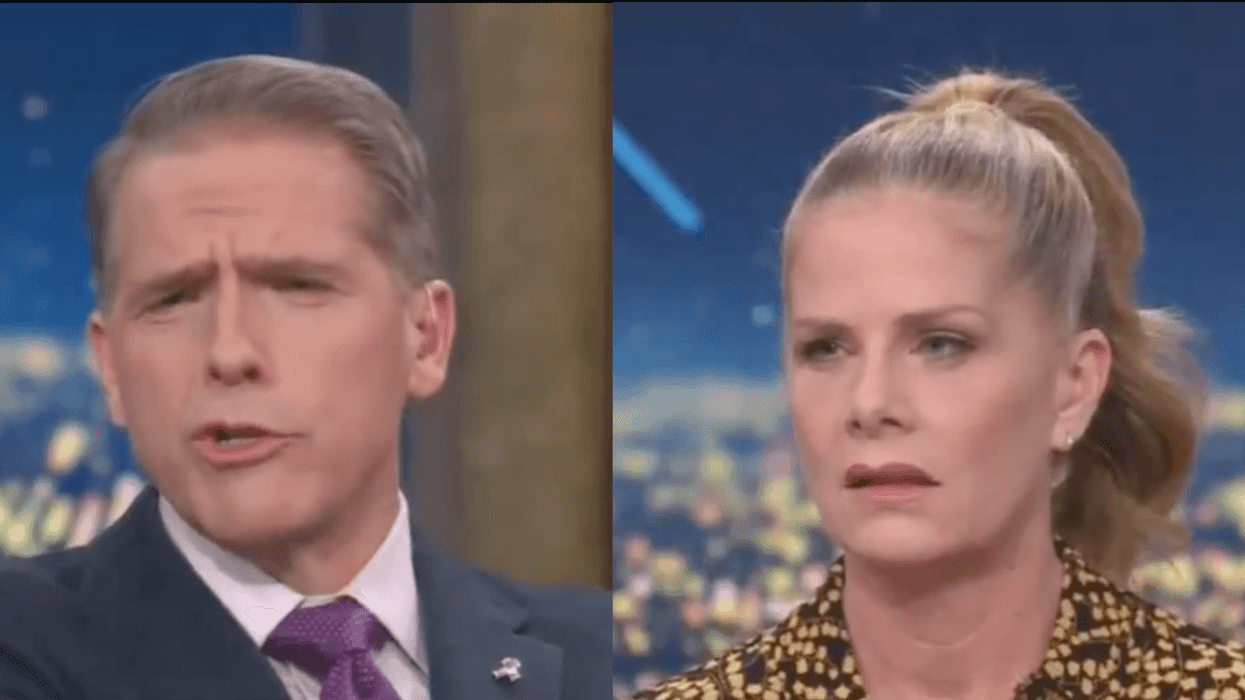

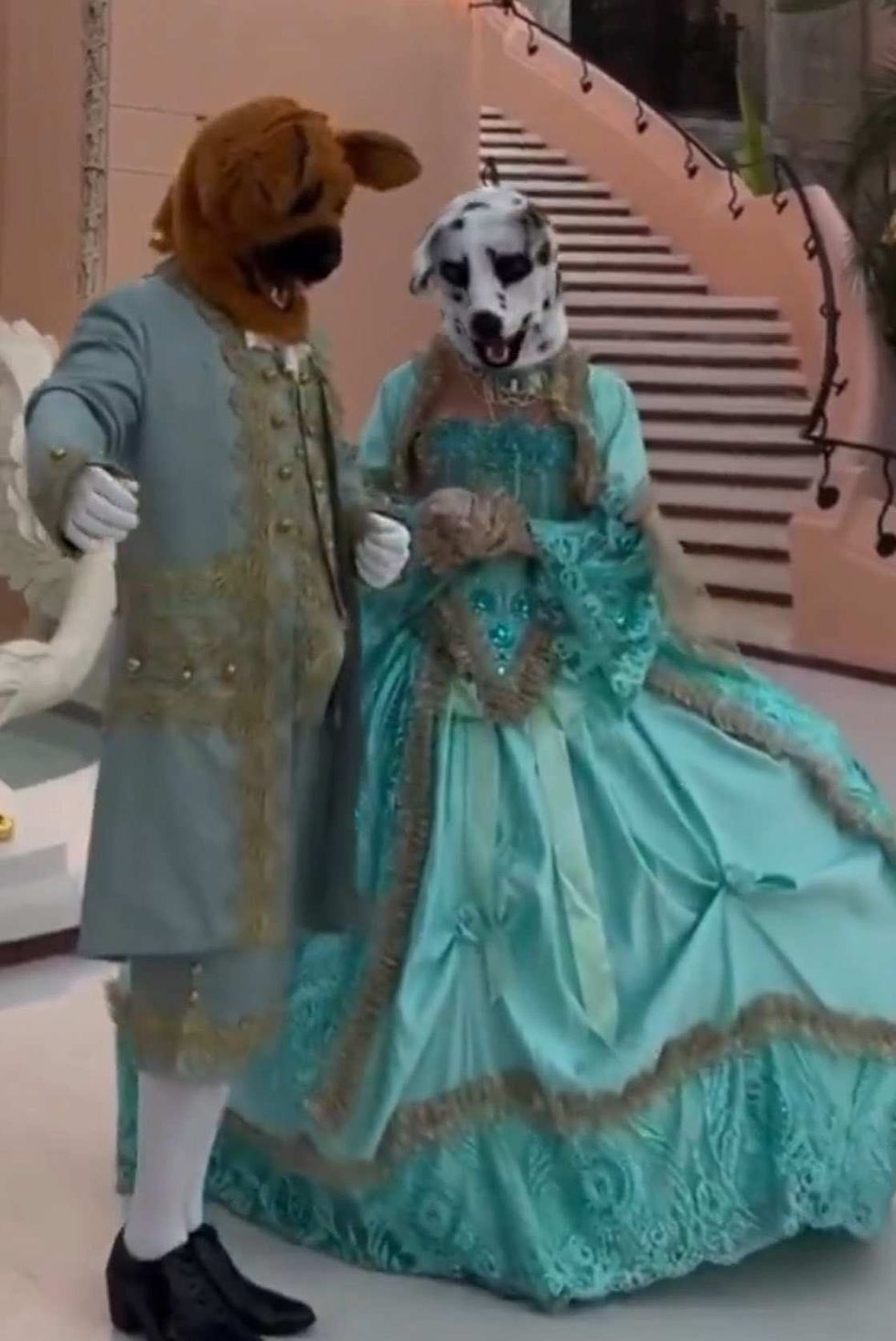 @meidastouch/X
@meidastouch/X @meidastouch/X
@meidastouch/X @meidastouch/X
@meidastouch/X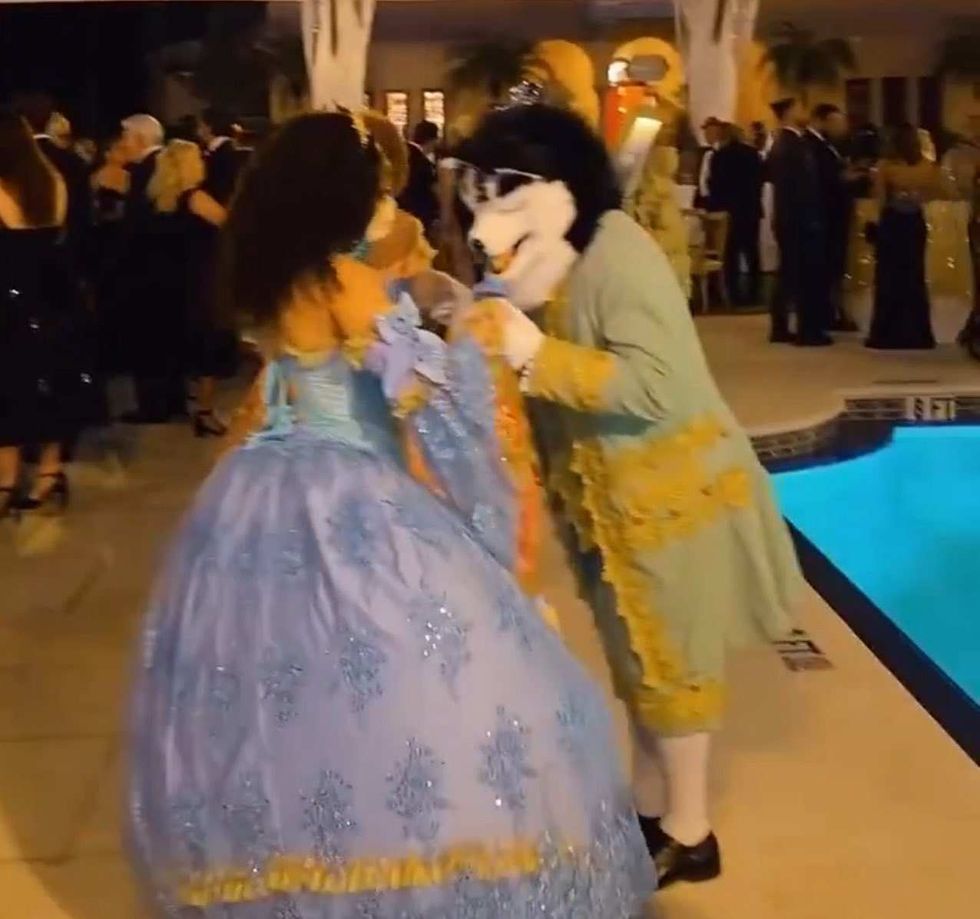 @meidastouch/X
@meidastouch/X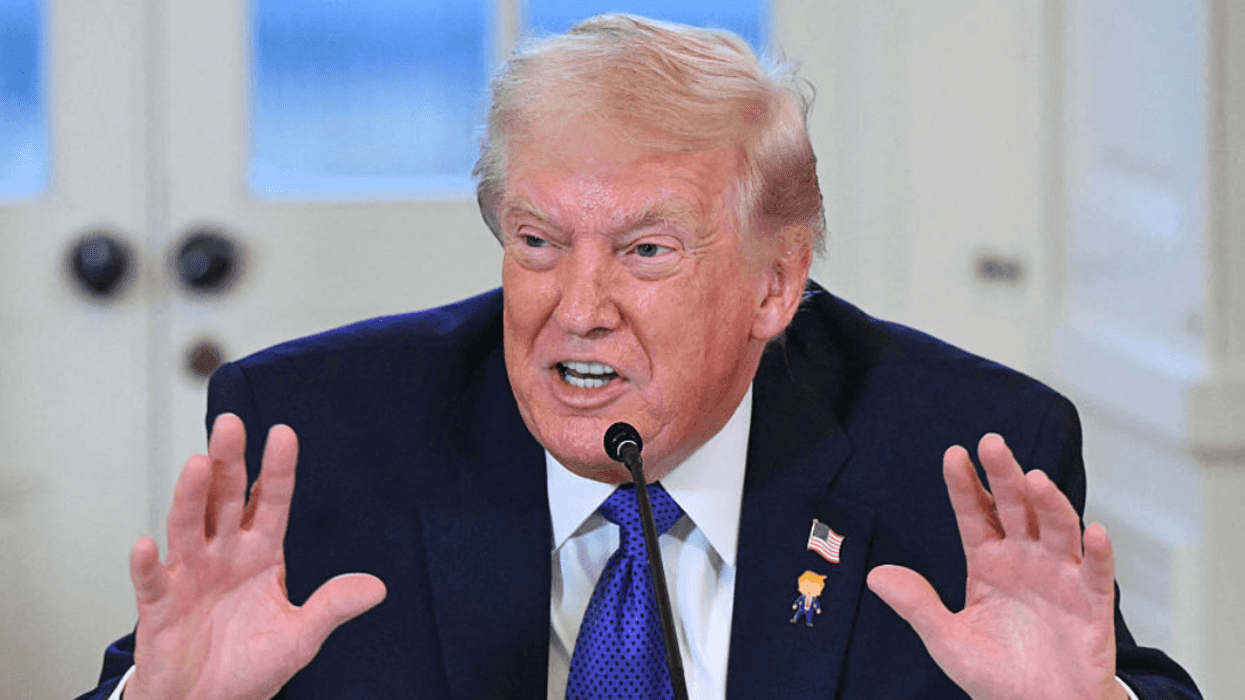

 illustrate margot robbie GIF
illustrate margot robbie GIF 
 Bbc One Love GIF by BBC Three
Bbc One Love GIF by BBC Three  Oh Yeah Dancing GIF by Jennifer Accomando
Oh Yeah Dancing GIF by Jennifer Accomando